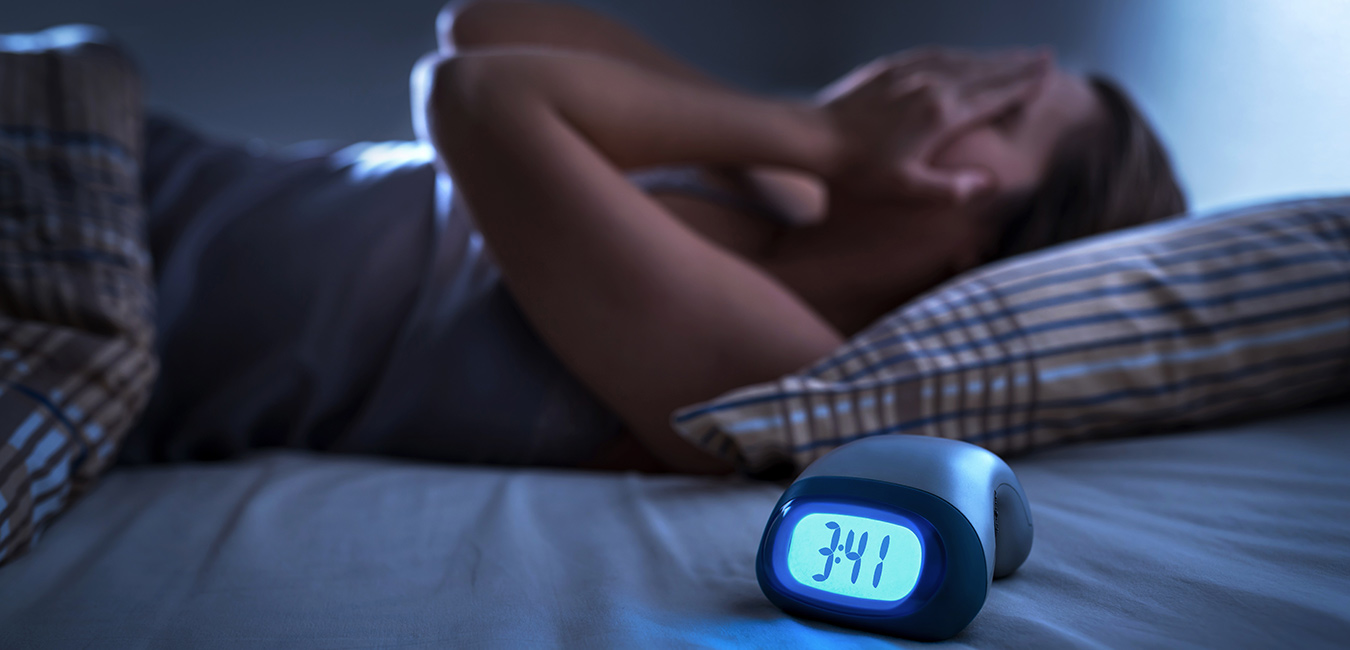Doctors have known for a long time that getting too little sleep and disrupted sleep are bad for the heart. But they are still figuring out why.
A new study in the journal, PLOS, has some hints. Researchers looked at the sleep patterns of more than 1600 people after spending the night in a sleep lab and having other sleep and blood tests.
They found that when sleep was disrupted, the number of inflammatory cells that can increase the risk of damage to blood vessels rose. This type of damage may lead to heart attacks and strokes.
This wasn’t the first time that sleep has been associated with inflammation and heart disease. A British study in the journal, Sleep, found that when women slept less than 8 hours, they had higher markers of inflammation in their blood. These included high-sensitivity C-reative protein (hs-CRP). This marker is strongly linked to heart disease and an hs-CRP >2 mg/L is now called a “risk-enhancing factor” by the American Heart Association and the American College of Cardiology.
Sleeping less than 7 hours a night has also been found to increase a number of other major heart disease risk factors. For example, sleep problems can lead to high blood pressure, diabetes, and obesity.
What can you do to sleep longer and more soundly? Plenty! Try these tricks and tips:
- Set up a regular sleep schedule. Go to bed at the same time each night and wake up at the same time in the morning—even on weekends. It will help set your body clock.
- Have a soothing bedtime ritual. Turn off digital devices and bright lights and do some quiet reading or take a warm bath.
- Avoid daytime naps. Sometimes a short “power nap” can help you get through the day, but if it keeps you from falling asleep at night and staying asleep, avoid it.
- Get moving every day! Even a little bit can help you catch more Z’s. But don’t do an intense workout close to bedtime.
- Make sure your bedroom is right for sleep. It should be cool (between 60-67 degrees), dark, and quiet. Some people use a noise machine or run a fan to block out noise and buy heavy curtains or shades to keep out light. But you can also just wear a sleep eye mask and ear plugs.
- Get sunlight in the morning. This also helps to set your body clock.
- Avoid caffeine, alcohol, and big meals too close to bedtime. All of these can disrupt sleep. Try not to eat 2 or 3 hours before going to bed.
- Can’t sleep? Leave your bedroom. If you are lying awake, get up and do something until you feel tired.
- Aim for 7 to 8 hours of sleep each night. This is the “sweet spot” for sleep and overall health.
- Seek help. If these measures don’t work, talk to your doctor or find a sleep professional. You may be advised to keep a sleep journal to see if there are factors associated with your sleeping problems.
By following these measures, you will get your best shot at a restful night and a healthy heart!

